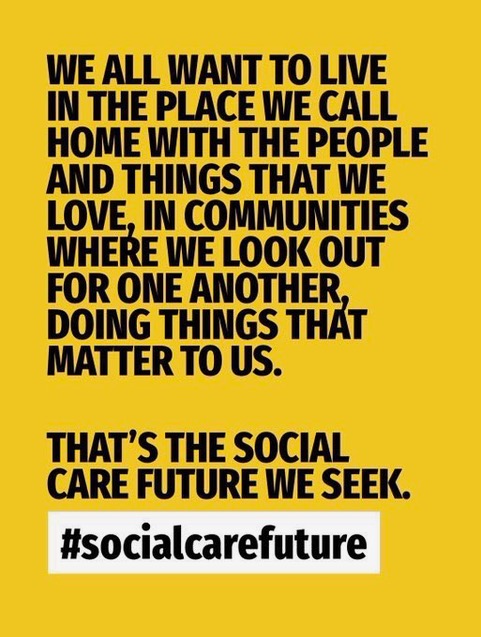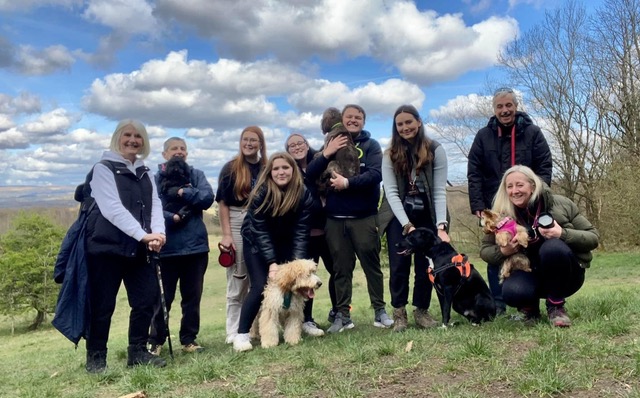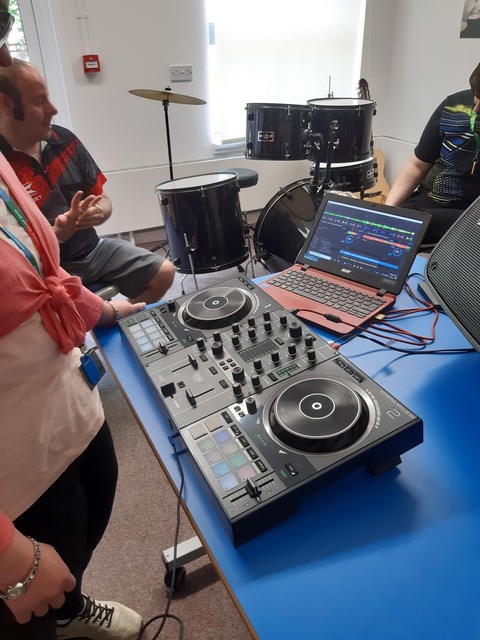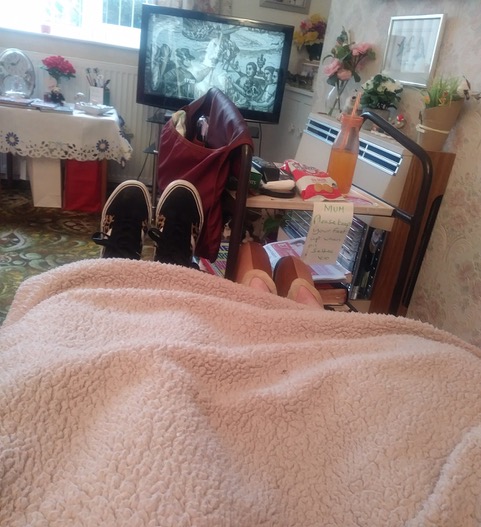I watched a video shared on facebook the other day, a plea from a man named Alan for his friends to stay in contact with him. Alan is living with dementia. The video is not easy to watch; Alan is very emotional and it tugs at your heart strings to think that following his diagnosis his friends have become more distant.
You can watch the full video here
“Just know…I’m the same old person and I wish all of my friends could come up and just talk to me like they did before…play and joke around,”
Alan
It seems that this is a common experience for many people living with dementia. Research carried out by the Alzheimers Society found that 64 per cent of people with dementia felt isolated from friends and family following a diagnosis. According to the report, two in five people wrongly believe that people living with dementia do not benefit from seeing loved ones they no longer recognise. You can read more here.
When I first started to facilitate Lynda’s circle, one thing we wanted to achieve was for Lynda to stay connected to her friends. Lynda had people who were close to her, family, friends of many years and people who she knew through church. But following her diagnosis it felt as if friendships were drifting a little. There became an unspoken conversation of friends wanting to offer help and not knowing quite how to do it, and of Lynda and her husband wanting to ask for help but not feeling quite able to. Lynda’s circle supported those close to her to come together, spend quality time in each other’s company and share ideas for supporting her. One of Lynda’s friends said of the circle “It’s brought issues up and made room for action, we know what to do that makes a difference”
In a previous role as PCP Coordinator, I delivered training to staff about person centred approaches, supporting staff to reflect on their own lives about what is important to them and how they like to be supported. Without exception there was a common theme of relationships being important to all of us. Connecting with people is one of the Five Ways to Well Being and having relationships supports us to maintain quality in our lives.
The Alzheimer’s Society’s Dementia Friends programme is the biggest ever initiative to change people’s perceptions of dementia. It aims to transform the way we think, act and talk about the condition. At a recent Dementia Friends session I explained how the part of our brain that stores emotions is more resistant to dementia. For example, someone living with dementia may forget the lovely afternoon they have just spent with you in the park but they won’t forget the emotion of feeling loved and content. One lady who came to the session mentioned that she thought her visits to a friend were becoming meaningless as her friend no longer recognised her but after hearing how we respond emotionally to contact with others, she realised her visits to her friend did matter. There is more to the person than the dementia and relationships and company still matter.
Community Circles are supporting people living with dementia to maintain friendships, the intention of regular get togethers and focused conversation brings people together with a common purpose.
Connecting with others matters to us all, here in this video other people living with dementia respond to Alan https://www.youtube.com/watch?v=h6NSOpafrC4
It is possible to live well with dementia and we can all play a part in enabling that to happen.
Cath Barton
Community Circles Connector






